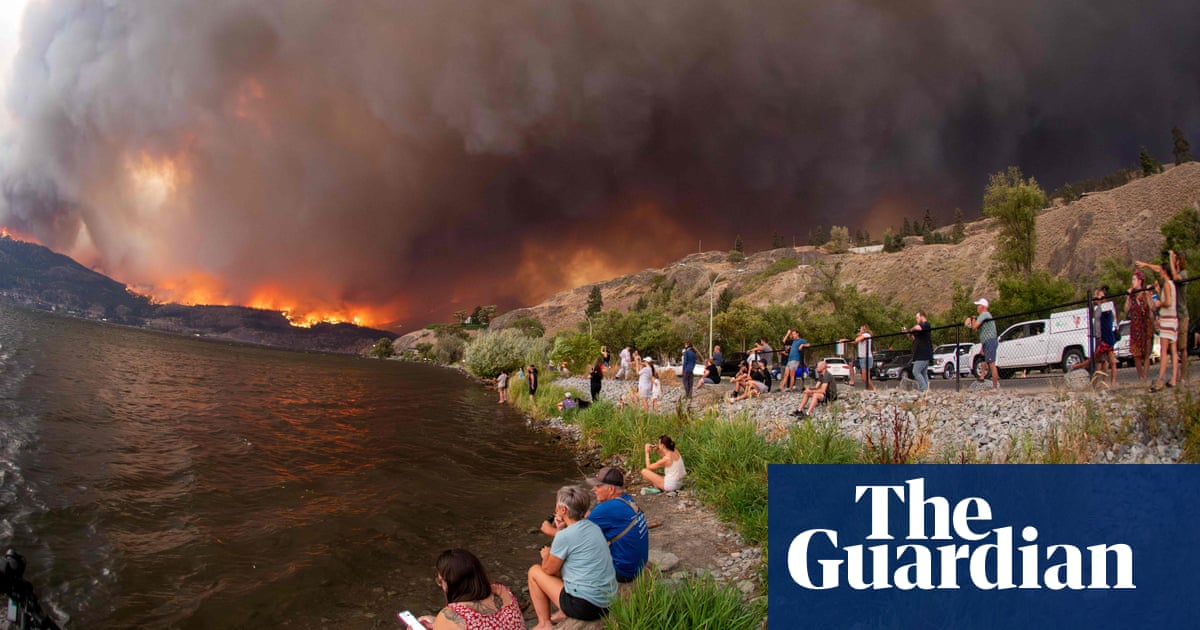That's why it's SO IMPORTANT to work out the Climate Change issue SOON!
Climate crisis costing $16m an hour in extreme weather damage, study estimates
Analysis shows at least $2.8tn in damage from 2000 to 2019 through worsened storms, floods and heatwaveswww.theguardian.com
Storms, floods, heatwaves and droughts have taken many lives and destroyed swathes of property in recent decades, with global heating making the events more frequent and intense. The study is the first to calculate a global figure for the increased costs directly attributable to human-caused global heating. It found average costs of $140bn (£115bn) a year from 2000 to 2019, although the figure varies significantly from year to year. The latest data shows $280bn in costs in 2022. The researchers said lack of data, particularly in low-income countries, meant the figures were likely to be seriously underestimated. Additional climate costs, such as from crop yield declines and sea level rise, were also not included.
Hope that politicians all over the world will read this post by mspohr.










